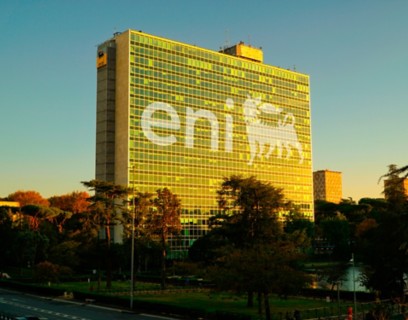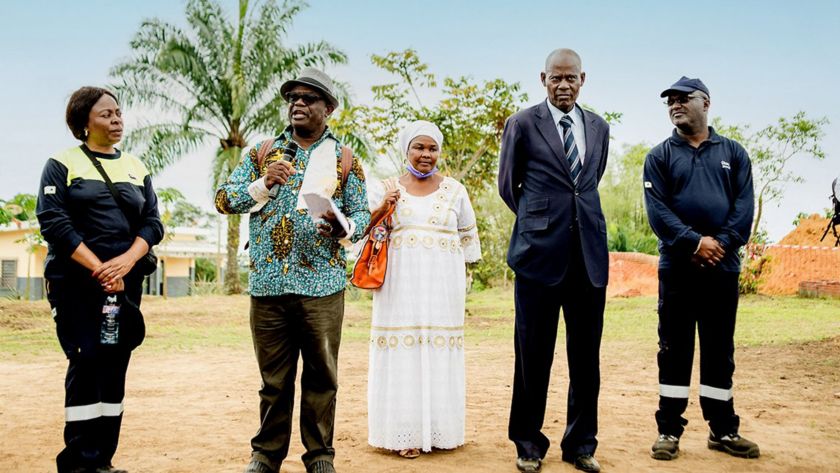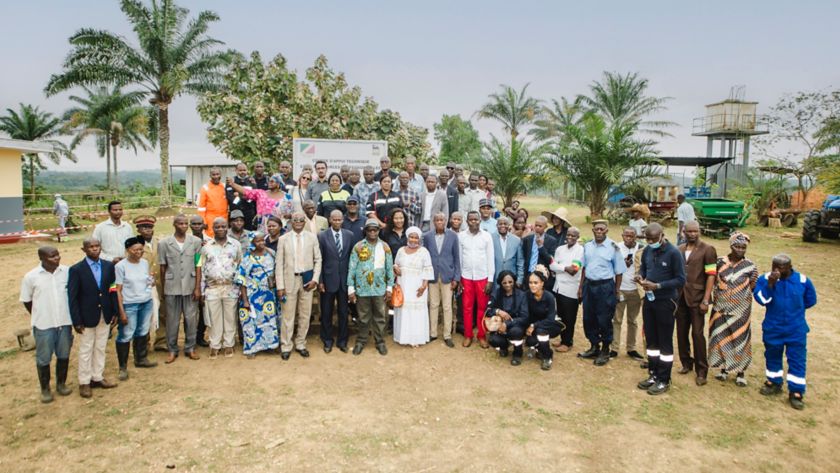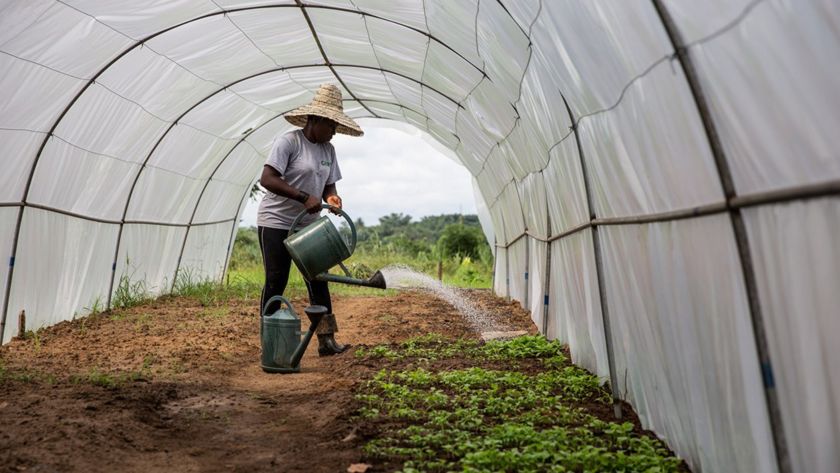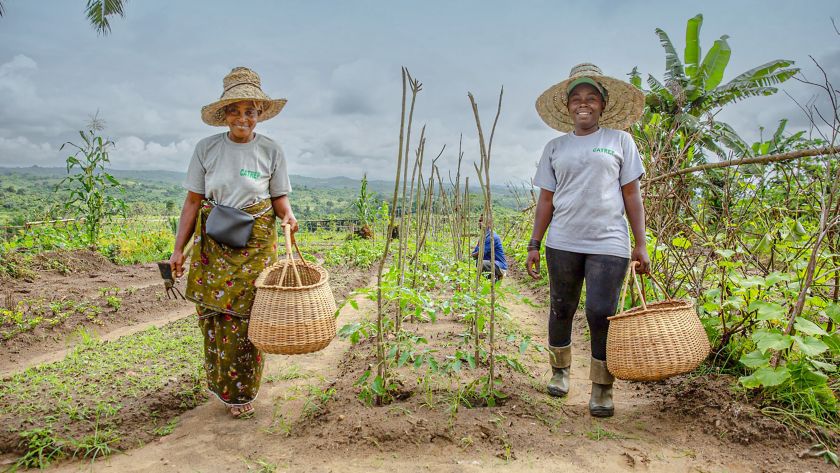
MyEni Login
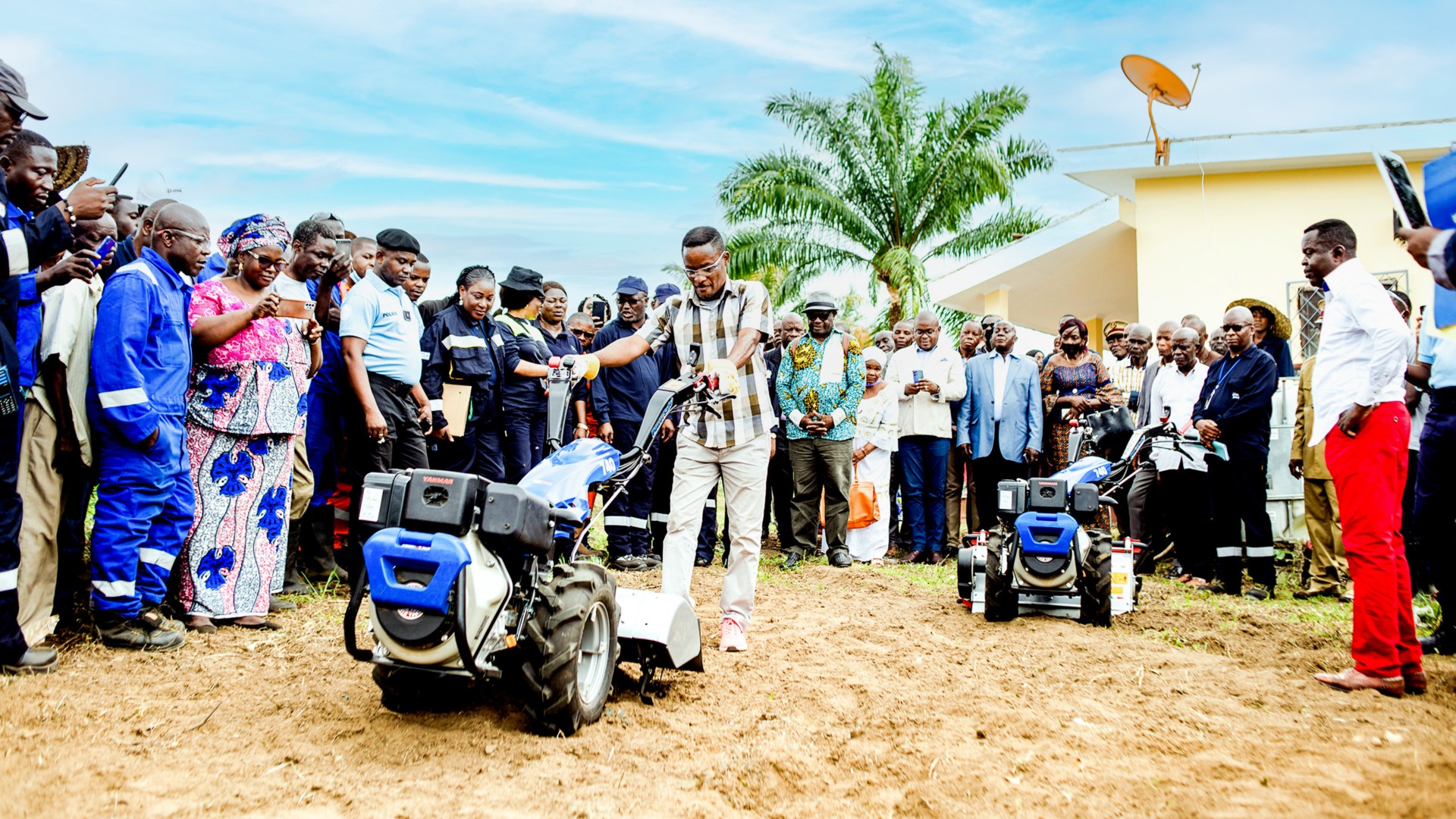
We are present in the Republic of Congo in hydrocarbon exploration, development and production, in the chemical sector and in the agri-business. Through the Hinda Integrated Project, we promote the socio-economic development of the region in several areas: health, education, environment, agriculture and the promotion of micro-entrepreneurship. It involves the inhabitants of rural centres close to the M'Boundi, Kouakouala, Zingali and Loufika deposits in the district of Hinda, a town in the west of the country.
We focus our community support activities on access to fair and sustainable energy, with the construction of the Djéno (CED) and Congo (CEC) power plants. We launch activities aimed at enhancing culture by opening art museums and cultural centres.
Project features
Activity start date 2012 – present
The Republic of Congo




SDG 1 No poverty
SDG 2 Zero hunger
SDG 3 Health and Well-being
SDG Quality Education
SDG 5 Gender equality
SDG 7 Affordable and clean energy
SDG 8 Decent work and economic growth
SDG 12 Responsible Consumption and Production
SDG 17 Partnership for the Goals
Médecins d’Afrique
Associazione Volontari per il Servizio Internazionale (AVSI)
Ministry of Energy and Hydraulics
Ministry of Primary, Secondary and Literacy Education (MEPSA)
Ministry of Health and Population
Ministry of Agriculture, Livestock and Fisheries
Actions and objectives of the project
A diverse project that supports communities
The Hinda project involves the population of the Republic of Congo near the M'Boundi, Kouakouala, Zingali and Loufika fields. It aims to enhance four priority areas: education, health, access to water and agriculture. It involves communities in campaigns for health protection, environmental awareness and parenting education. It leaves the management of various initiatives, such as the routine maintenance of water wells that guarantee access to water, to the local committees.
The CATREP training centre for technical skills enhancement
The Hinda Integrated Project includes numerous infrastructural interventions in the construction and modernisation of existing facilities, e.g. schools, medical centres and water wells. Also part of this is the CATREP (Centre d'Appui Technique et des Ressources Professionnelles) project, the hub of which is a training centre set up to support the activities of farmers and breeders. Courses initiated periodically within the structure aim at strengthening professional skills, e.g. the acquisition of agronomic techniques to support the cultivation of materials to produce biofuels.
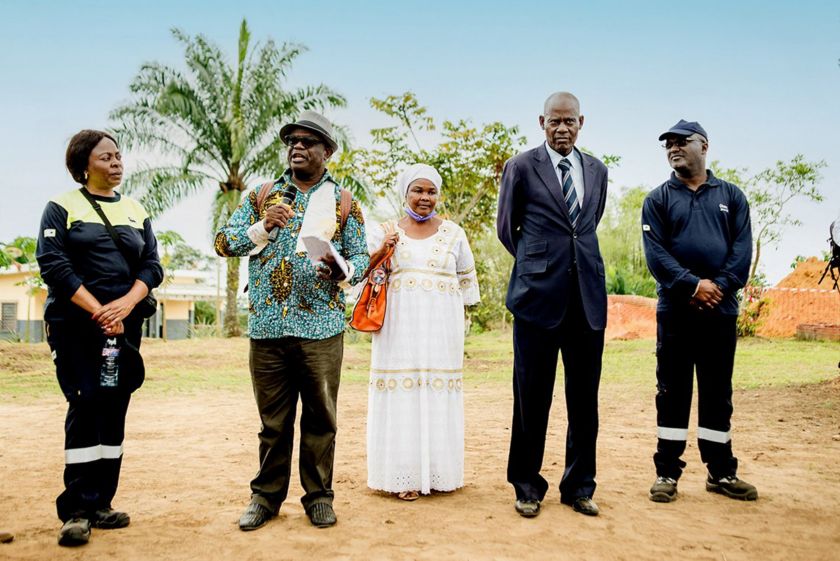
The groundbreaking ceremony for the construction of vegetable gardens in the CATREP fields held in 2022
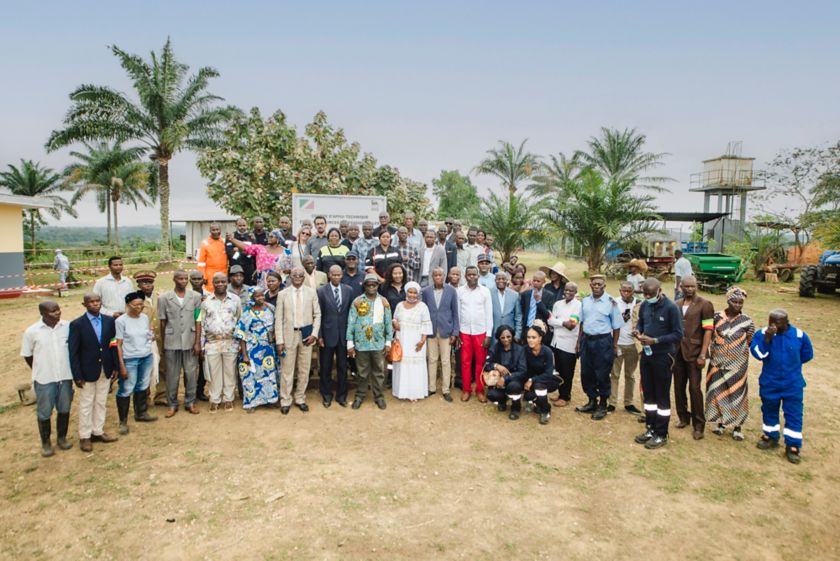
The groundbreaking ceremony for the construction of vegetable gardens in the CATREP fields held in 2022
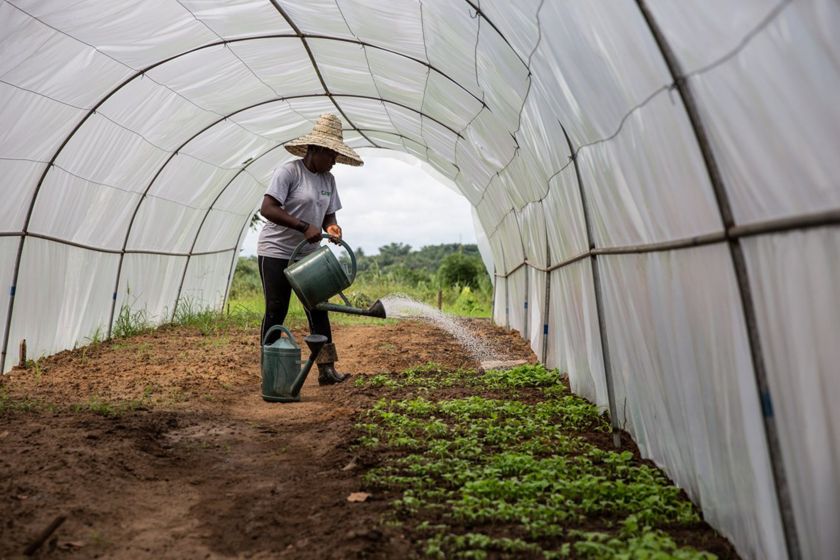
The implementation of vegetable gardens on the grounds of the CATREP center
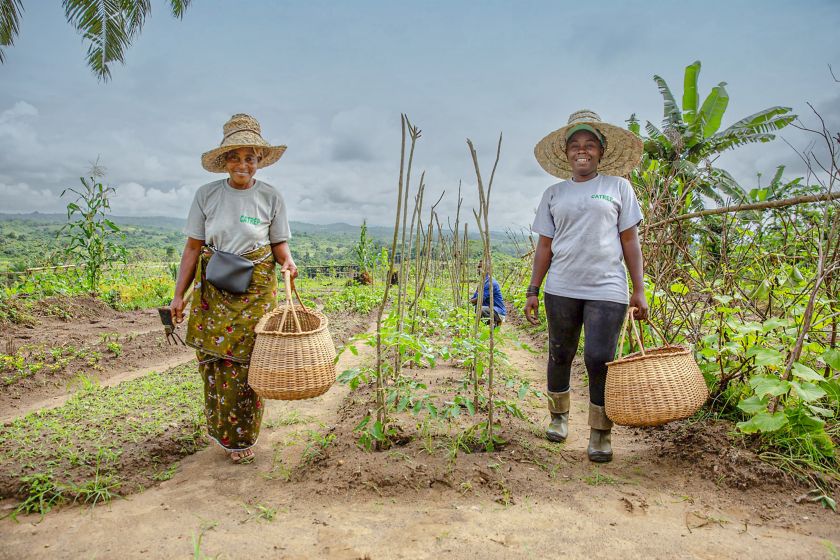
The implementation of vegetable gardens on the grounds of the CATREP center
Alpha Hinda, the project that ensures access to education and improves quality of life
Promoting literacy among the population is the main priority of the Alpha Hinda project. Thanks to the involvement of teachers and volunteers, the training centres ensure that children and adults can benefit from high quality study programmes. In parallel, joint initiatives are running to grow and sell vegetable crops, the proceeds of which go to the student volunteers who work there. In the long term, pupils will be organised in a cooperative equipped with a bank account for the financial management of business activities.
Circularity in waste management
There are circular economy initiatives ongoing in the region to create value from waste, through the biodegradation of contaminated soil and oil-based cuttings, composting of waste from company canteens to be reused as fertiliser, and plans for the recovery and recycling of plastics.
Highlights
Here are some important data on the villages and the project's recipients.
involved in an area of approximately 830 km2
of the Hinda Integrated Project
of drinking water built in the territory
biodegraded organic waste
trained in primary literacy during the Alpha Hinda project
involved in an area of approximately 830 km2
of the Hinda Integrated Project
of drinking water built in the territory
biodegraded organic waste
trained in primary literacy during the Alpha Hinda project
Eni for 2024. Check out our interactive feature
Read the stories, case studies and testimonials behind our contribution to a socially equitable energy transition in the Sustainability Report.

The CATREP project in Congo
29 October 2019
Eni.com is a digitally designed platform that offers an immediate overview of Eni's activities. It addresses everyone, recounting in a transparent and accessible way the values, commitment and perspectives of a global technology company for the energy transition.
Discover our mission

